Blinken to address US national security strategy to deal with China
US Secretary of State Antony Blinken has said he will address in the coming weeks a long-awaited American national security strategy to deal with the rise of China as a great power.
"I will have an opportunity I think, very soon in the coming weeks to speak publicly and in some detail about the strategy," Blinken said at a Senate Foreign Relations Committee hearing on Tuesday.
The Biden administration has faced criticism from Republicans and others for not devising a formal strategy for dealing with China.
The Biden administration announced a strategy for the Indo-Pacific in February in which it vowed to commit more diplomatic and security resources to the region to counter what it sees as China's bid to create a regional sphere of influence.
A top US military commander has said China is engaged in “the largest military buildup since World War II.”
US Indo-Pacific commander Admiral John C. Aquilino said in an interview with the Associated Press last month that China has fully militarized at least three of several islands it built in the South China Sea.
He further said China has armed them with anti-ship and anti-aircraft missile systems, laser and jamming equipment, and fighter jets.
Both Washington and Beijing have been trying to win allies in the Indo-Pacific region, marking a gradual shift of focus towards the Indian Ocean and its littoral states.
The Biden administration is trying to increase its footprints in Southeast Asia by resetting ties with regional countries in an attempt to form a military coalition against China, the world's second-largest economy and Washington's main strategic competitor.
Blinken has also accused China of planning to invade Chinese Taipei, and warned Beijing that taking the island by force would have “terrible consequences."
Tensions continue to be high between Washington and Beijing. Washington however has avoided saying specifically if it would send military forces to the region if China launched an offensive on Taiwan.
Beijing's position on the matter is that there is “no room for compromise” regarding the Chinese nation’s sovereignty over its inseparable lands. It has repeatedly warned countries supporting Taipei's bid for independence from mainland China to refrain from “playing with fire”.
‘Biden administration working on a strategy for China’
The Biden administration has said it is working on a strategy for China, but has faced significant distractions due to the Russia-Ukraine conflict.
In the US Senate hearing on Tuesday, Republican Senator Mitt Romney said the latest defense authorization act requires the president to develop a comprehensive strategy to deal with China and asked Blinken about the military agreement recently signed by the Solomon Islands and China.
"That is alarming," Romney said.
Blinken said the State Department sent a high-level delegation to the Solomon Islands, where it plans to open an embassy.
"We share the concern about this agreement," Blinken said.
He claimed that the American delegation met with the islands' prime minister, who vowed there would be no Chinese military base on the island.
"We will be watching that very, very closely in the weeks and months ahead," Blinken said.
Last week, a White House delegation arrived in Honiara to hold talks with the Solomon Islands government amid rising concerns over a security pact the Pacific island nation recently signed with China.
It coincided with the Chinese ambassador to the Solomon Islands taking part in a ceremony with the country’s premier Manasseh Sogavare to inaugurate a China-funded national stadium complex.
The Solomon Islands government earlier this month stated that the military base was not part of the agreement “contrary to the misinformation promoted by antigovernment commentators.”
Situated in Oceania, the Solomon Islands is a sovereign country consisting of six major islands and more than 900 smaller ones. The island chain, home to 800,000 people, was engulfed in unrest and riots in November 2021.
Last year, China said it would send police advisers and riot gear to the island country, which is among the latest countries to have cut ties with Chinese Taipei in favor of Beijing.
China has sovereignty over Chinese Taipei, and under the “One China” policy, almost all world countries recognize that sovereignty. The US, too, recognizes Chinese sovereignty over the island but has long courted Taipei in an attempt to unnerve Beijing.
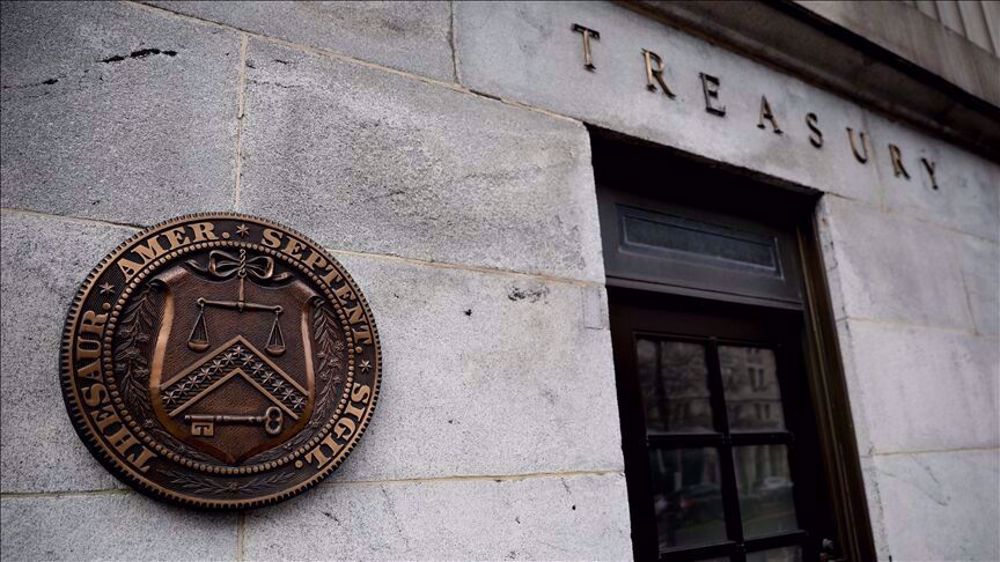
US sanctions alleged network behind Iran’s drone program
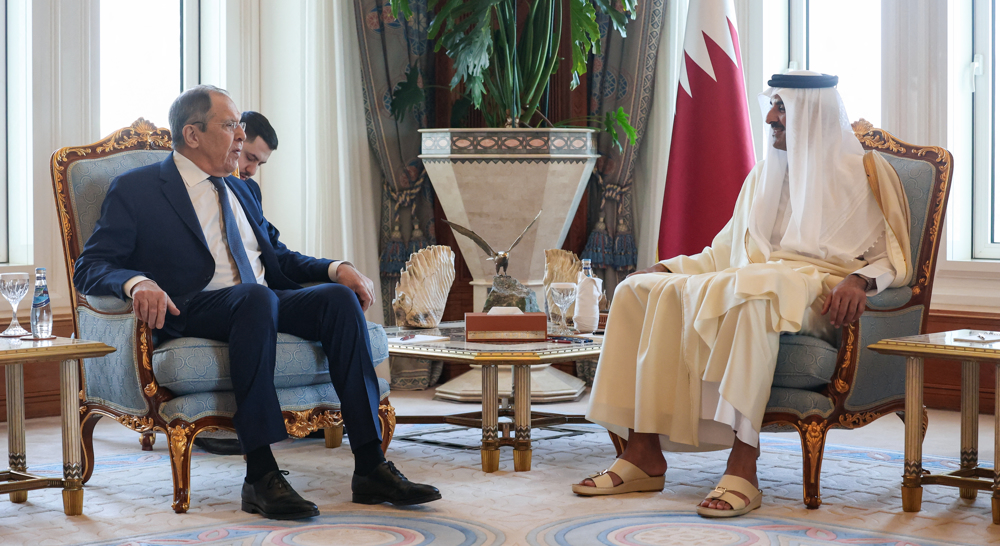
Russia, US diplomats to meet in Istanbul to discuss restoration of embassies: Lavrov
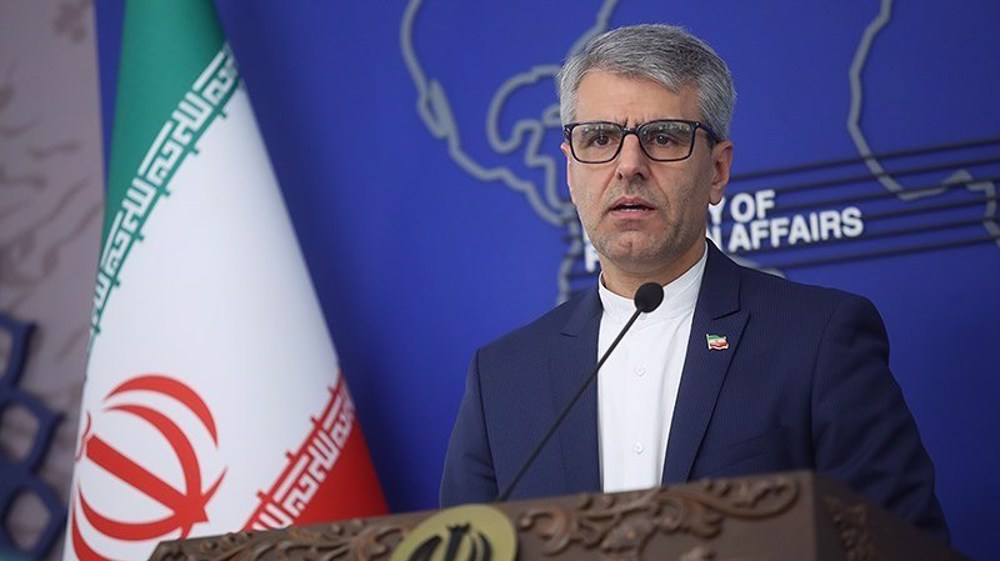
Iran: New sanctions show US 'hostility to well-being' of Iranians
Arab states condemn Israel's new aggression against Syria
IRGC adds homegrown warship, fast attack craft to naval fleet
VIDEO | Press TV's news headlines
Over 700 bodies recovered in Gaza, most remain unidentified
VIDEO | US TikTok ban
Palestinian youth succumbs to injuries sustained in West Bank strike
US Attorney General hints at Epstein files release amid skepticism
Israel showing ‘unprecedented disregard’ for human rights in Gaza: UN


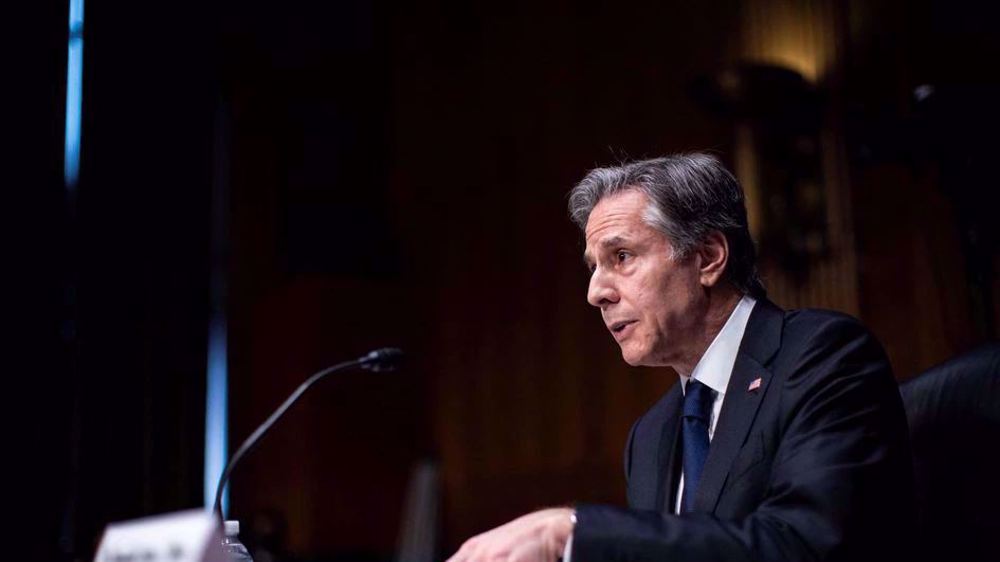
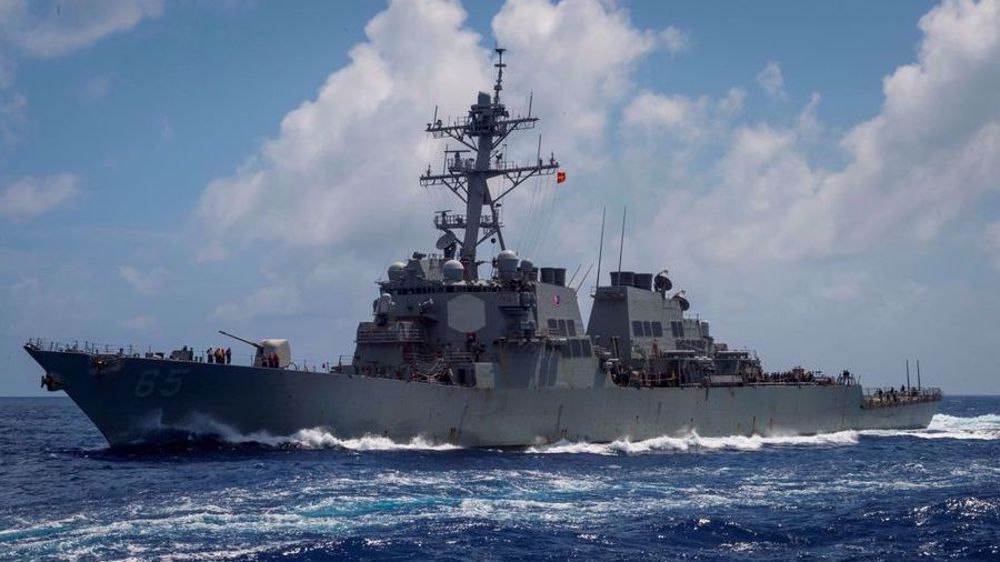




 This makes it easy to access the Press TV website
This makes it easy to access the Press TV website